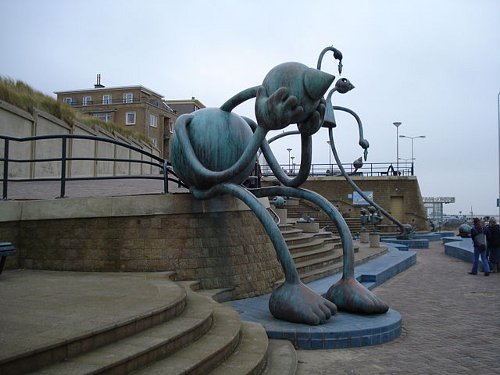
immiserization
n. the act of making or becoming progressively more miserable
luctiferous
adj. bringing sorrow, mournful, gloomy

immiserization
n. the act of making or becoming progressively more miserable
luctiferous
adj. bringing sorrow, mournful, gloomy
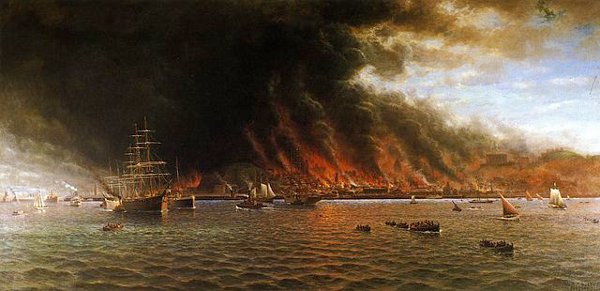
bibliotaph
n. a hoarder of books
In the rare book collection of the archives at Caltech is a copy of Adrien-Marie Legendre’s 1808 text on number theory. It comes from the collection of Eric Temple Bell, who taught mathematics at Caltech from 1926 to 1953. Inside the book is an inscription in Bell’s handwriting:
This book survived the San Francisco Earthquake and Fire of 18 April, 1906. It was buried with about 600 others, in a vacant lot, before the fire reached the spot. The house next door to the lot fell upon the cache; the tar from the roof baked the 4 feet of dirt, covering the books, to brick, and incinerated all but 4 books, of which this is one. Signed: E. T. Bell. Book buried just below Grace Church, at California and Stockton Streets. House number 729 California Street.
During the Great Fire of London in 1666, Samuel Pepys came upon Sir William Batten burying his wine in a pit in his garden. Pepys “took the opportunity of laying all the papers of my office that I could not otherwise dispose of” and later buried “my Parmazan cheese, as well as my wine and some other things.” I don’t know whether he ever recovered them.
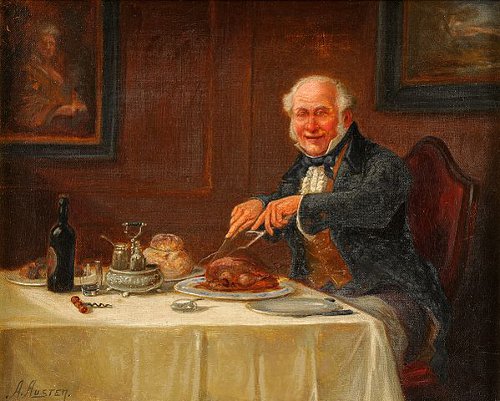
bellytimber
n. food, provisions
magirology
n. the art or science of cookery
gastrosoph
n. an expert or skilled eater
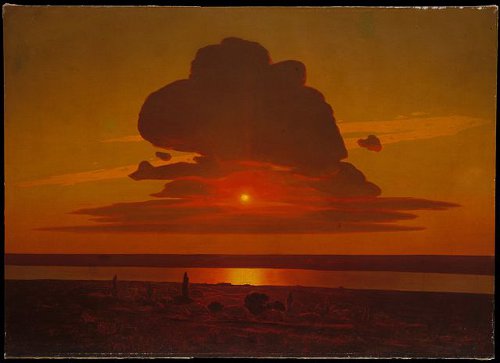
exulant
adj. living in exile
Homeless, exiled, I climb Sin-Ping tower.
It is late on in the dying year,
The sun is declining in the sky
And the dark river runs gloomy and slow.
A cloud moves across the forests on the mountain;
Wild geese fly off down the river.
Up here I can see for ten thousand miles,
But I do not see the end of my sorrows.
— Li Po, banished from the Chinese capital, circa 757
elephantocetomachia
n. a fight between an elephant and a whale
Anthony R. Wagner uses this word in his foreword to G.D. Squibb’s 1959 book The High Court of Chivalry to describe the controversy in early 20th-century England over the right to bear arms:
I therefore soon found myself studying the whole subject with close attention and in time I came to two conclusions. The first was that the original controversy had been an elephantocetomachia, a fight between an elephant and a whale, incapable of decision because the adversaries lived in different elements and could not come to grips. Oswald Barron, a historian, was trying to settle a legal question by reciting history. [A.C.] Fox-Davies, a lawyer, hoped to settle history by quoting law.
Wagner doesn’t claim to have coined it, but I can’t find it anywhere else except in quotations of that passage. That’s a shame — it’s a useful word.
(Thanks, Julian.)
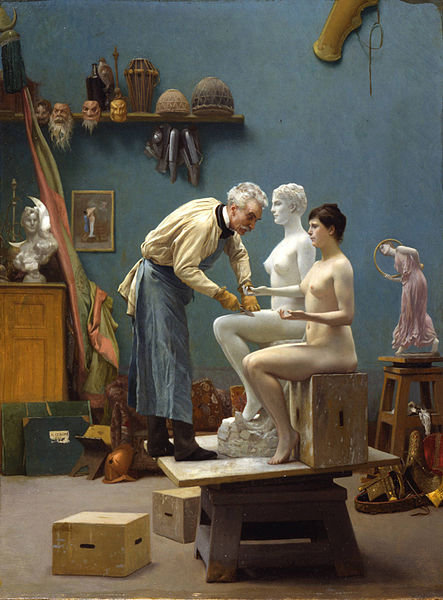
effigiate
v. to represent by a picture or sculpture
laquearian
adj. armed with a noose
funipendulous
adj. hanging from a rope
patibulary
adj. pertaining to the gallows
On Feb. 23, 1885, convicted murderer John Lee of Devon was brought to the scaffold and positioned on the trapdoor. The noose was fitted around his neck, and executioner James Berry pulled the lever.
Nothing happened.
Two warders tried to force the trapdoor to open under Lee, but they failed. They removed the condemned man and tested the door, and it worked. So they put Lee in position again, and again Berry pulled the lever.
Again nothing happened.
Exasperated, the warders again put Lee aside and set to work on the door, this time with hatchets. When they were satisfied, they returned him to the scaffold, and Berry pulled the lever a third time.
Nothing happened.
So the Home Secretary commuted Lee’s sentence to life imprisonment.
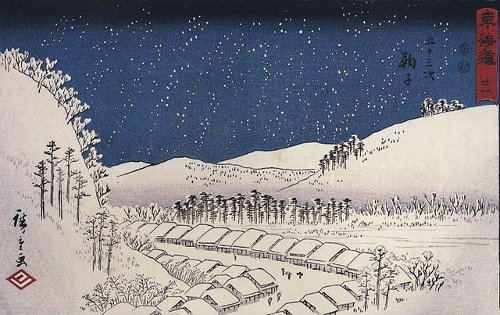
subnivean
adj. existing, living, or carried out underneath snow
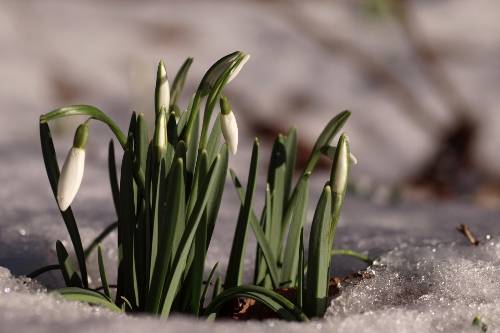
bunnikin
n. an early flower
Already now the Snowdrop dares appear,
The first pale blossom of the unripened year:
As Flora’s breath, by some transforming power,
Had changed an icicle into a flower:
Its name and hue the scentless plant retains
And Winter lingers in its icy veins.
— Anna Laetitia Barbauld (1743-1825)
manzil
n. the distance between two stopping places
Another puzzle by Sam Loyd: Two ferry boats ply the same route between ports on opposite sides of a river. They set out simultaneously from opposite ports, but one is faster than the other, so they meet at a point 720 yards from the nearest shore. When each boat reaches its destination, it waits 10 minutes to change passengers, then begins its return trip. Now the boats meet at a point 400 yards from the other shore. How wide is the river?
“The problem shows how the average person, who follows the cut-and-dried rules of mathematics, will be puzzled by a simple problem that requires only a slight knowledge of elementary arithmetic. It can be explained to a child, yet I hazard the opinion that ninety-nine out of every hundred of our shrewdest businessmen would fail to solve it in a week. So much for learning mathematics by rule instead of common sense which teaches the reason why!”